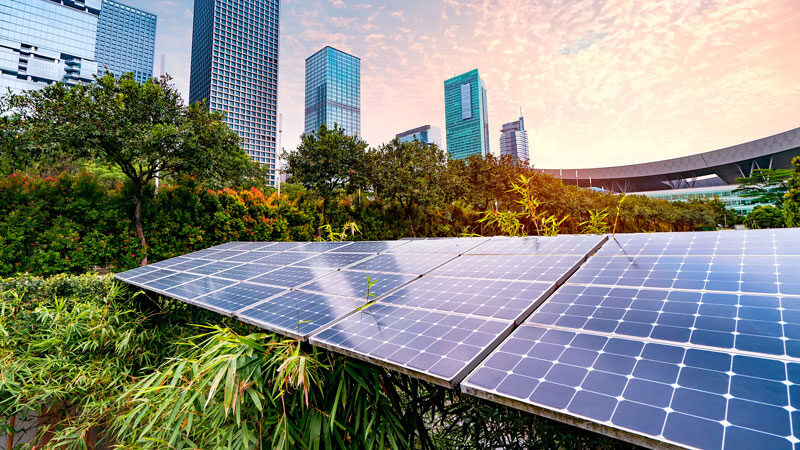The Role of Smart Energy in Building Sustainable Communities
Across the globe — including regions like Bali and Lombok — urban and rural communities face increasing pressure to adopt environmentally responsible practices. Climate change, energy demand, and resource limitations have highlighted the need for more sustainable living. At the heart of this transformation is smart energy — a system that combines renewable energy, intelligent technologies, and efficient resource management.
What Is Smart Energy?
Smart energy refers to the integration of digital technologies with energy production and consumption to create a more efficient, responsive, and eco-friendly energy system. It often includes solar power, smart grids, energy storage, smart meters, and intelligent control systems for homes and businesses.
Unlike traditional power systems, smart energy allows users to monitor, manage, and optimize their energy use in real time, reducing waste and maximizing efficiency.
Empowering Communities Through Renewable Energy
One of the foundations of smart energy is the use of renewable sources, such as solar power. In sunny regions like Bali and Lombok, solar energy offers a sustainable and locally available alternative to fossil fuels. By deploying solar panels in homes, public buildings, and community centers, neighborhoods can reduce their carbon footprint and achieve long-term energy independence.
Smart Homes as Micro-Hubs of Energy Efficiency
Homes equipped with smart technologies — such as automated lighting, smart thermostats, and energy-efficient appliances — consume significantly less electricity. These systems adjust usage based on habits and conditions, making them ideal for building communities where energy consumption is optimized without sacrificing comfort or convenience.
Community-Scale Energy Management
Smart energy is not only about individual homes. When entire communities are interconnected through smart grids, they can share resources more efficiently. For example, excess solar power from one building can be redistributed to another in real time, balancing energy loads and reducing reliance on external power sources.
This decentralized energy model promotes local resilience, especially during outages or peak demands.
Environmental and Economic Impact
Smart energy systems reduce greenhouse gas emissions, air and water pollution, and resource waste — all while providing economic benefits. By lowering electricity bills and creating jobs in the renewable energy and technology sectors, smart energy supports both environmental and financial sustainability in communities.
The Role of PT. Maxima Global Sinergy
At PT. Maxima Global Sinergy, we are committed to supporting the transition toward smart and sustainable communities in Bali and Lombok. Our expertise in solar energy, smart home integration, electrical systems, and networking allows us to deliver complete, reliable, and future-ready energy solutions.
We work closely with homeowners, businesses, and local governments to build smart energy infrastructures that drive positive change for people and the planet.
A Smarter Future Starts Now
Building sustainable communities is no longer optional — it is essential. Smart energy offers the tools and technologies needed to reduce environmental impact, strengthen energy security, and improve the quality of life for everyone. By embracing smart energy today, we lay the foundation for greener, cleaner, and smarter communities tomorrow.

